The Bureau of Land Management has released Environmental Assessments regarding dispersed camping in the Labyrinth Rims/Gemini Bridges, Two Rivers and Utah Rims Special Recreation Management Areas (SRMA) around Moab, Utah. Each Assessment analyzes restricting and eliminating dispersed camping and making camping in these areas only available through designated campsites and campgrounds. Although this type of camping is preferred by some and should be available, free and primitive dispersed camping should also be accommodated.
Most users, in and around Moab are looking for dispersed camping opportunities. If this form of recreation is limited or eliminated the already hard to find campsites will become nearly impossible. You can see below through the three maps provided by the BLM Moab Field Office, the red portion that would be affected by these proposals. With hotel prices on the rise, many people look to camping as a way to still be able to visit some of our nations most beautiful public lands. Designated campsites would limit the amount of people able to camp therefore pushing more people to paid campsites or hotels which would harm many users.
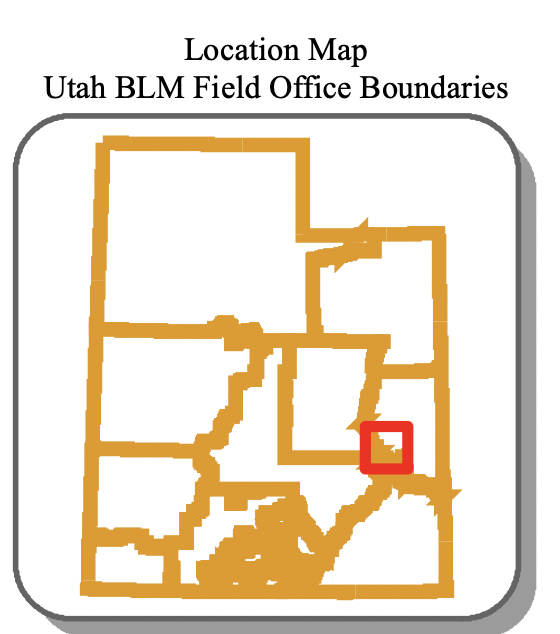
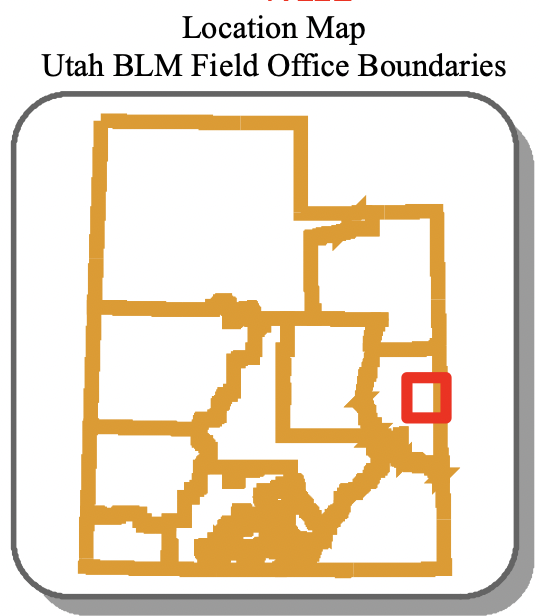
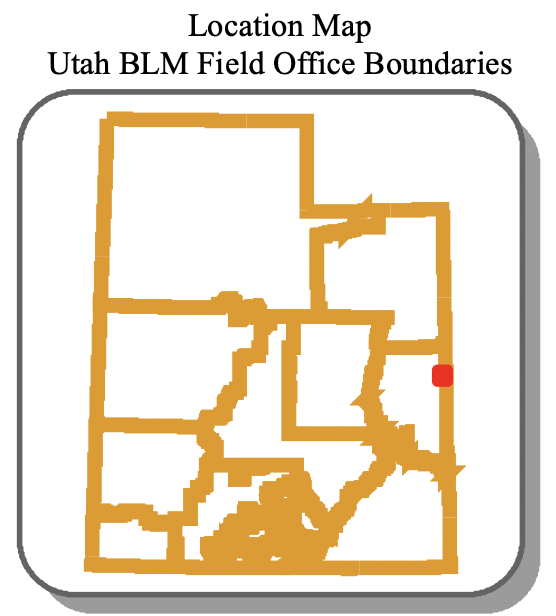
Any damage to sensitive areas can be mitigated through management opportunities rather than simply closing use. According to the Dyrt, a camping app, 23% of those camping on public land were dispersed campers. Users already had reported difficulties in finding places to camp and more closures and restrictions will only exacerbate the issue by concentrating users in fewer areas. One of the claims to justify these restrictions is user conflict. However, the local Sheriff department does not have formal records of user conflict and the BLM cannot provide data on any formal user conflict. Certain user groups complaining about another user group should not qualify as user conflict justifying the complete restriction of that user group. The governing law only authorizes the BLM to analyze and minimize conflicts between uses, not the subjective preferences of users.
Because these areas are all designated and managed as Special Recreation Management Areas, recreation of all forms should be accommodated and prioritized. We support BLM exploring management solutions such as banning the gathering of wood in the SRMAs, requiring fire pans, and requiring portable toilets for overnight use. If all users comply with the previous suggestions, dispersed campers should also be allowed to comply with those rules and continue to use the area freely. Wildlife impacts can also be managed through temporary or seasonal closures instead of permanent restrictions.
It is also important to understand that if the area is managed to where you can only camp in designated sites, this will lead to a substantial net reduction of access to camping experiences in the area. It is very likely you could venture deep into the backcountry with plans to camp and not find a spot. It is also problematic to limit designated sites only to sites where there is noticeable disturbance. There are certainly visitors to the area, who are practicing “leave no trace” principles, and now users are being punished with access restrictions for camping responsibly. By only designating sites where there is disturbance, BLM will be sending a signal to those who camp in other areas that if you don’t leave a trace, your ability to camp in the same spot in the future will be restricted.
Finally, when we say we support “free” dispersed camping on public land, free can mean many things. It can and often does mean without fees/cost. Some people enjoy the amenities of a paid campground experience. Camping for free on public land where it is allowed is also a high value form of recreation for many Americans, and this experience should be preserved. Free can also mean without burdensome or unnecessary restrictions. While some regulations are a reasonable way to address growing impacts in popular areas, some are unnecessary and heavy handed. Prohibiting the gathering of firewood is likely appropriate in some areas with heavy use and little vegetation. Limiting three massive areas to camping only in designated sites is heavy handed and unnecessary.
The public comment period for these plans has closed, but you can read about each specific project through the BLM’s planning websites with the following links to be prepared for future public comment periods:
Labyrinth Rims/Gemini Bridges
Two Rivers
Utah Rims
Please sign up for the Dispersed Camping Access Alliance to be notified of future updates on these projects.

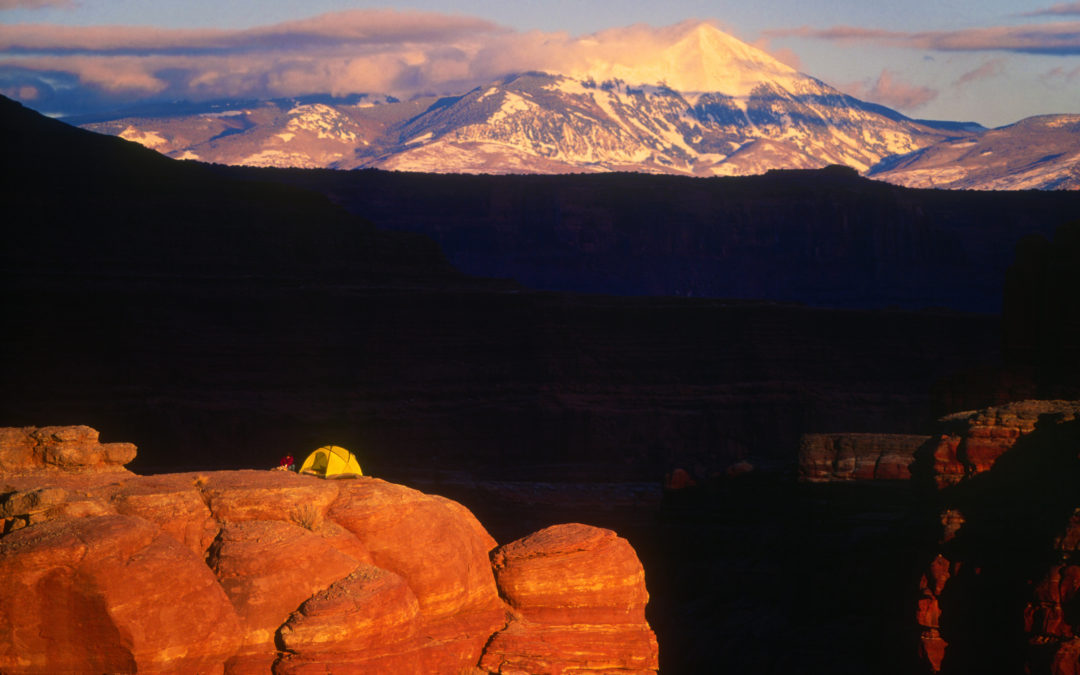
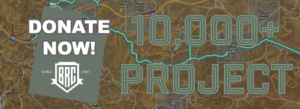
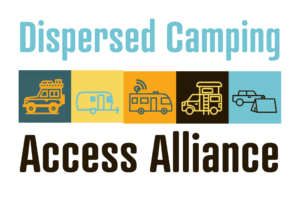
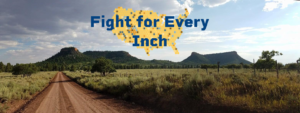
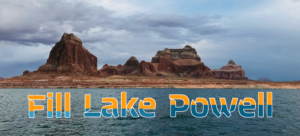
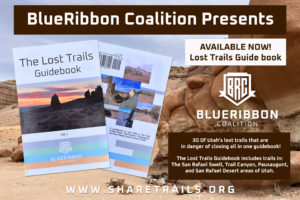
Moab has for some time taken the lead in eliminating dispersed/distributed camping. They were the first in Utah to make this a prominent part of their Business Plan. Other BLM Field Offices quickly followed suit and used the MOAB template to write their own business plans which also seek to restrict and ultimately eliminate such camping.